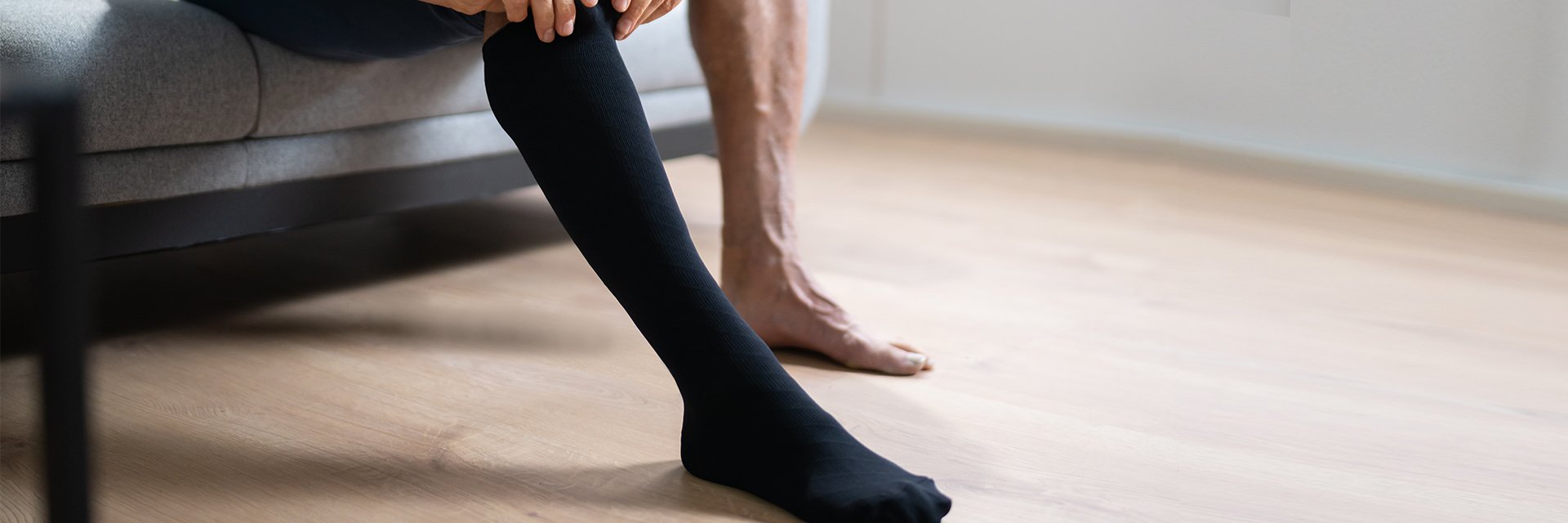
Varicose Veins: Causes, Symptoms, and Treatment
What are varicose veins?
Varicose veins are a condition where the veins in your legs and feet become swollen and twisted. They can appear under the skin's surface and vary in size and depth, taking on a blue, purple, or reddish hue. This occurs when small valves inside the veins that prevent blood from flowing backward stop functioning correctly. The result is that blood pools in the veins, causing them to stretch and twist. Because blood has to flow against gravity to return to the heart, this condition is more common in the legs and feet.
Aside from the discomfort they can cause, varicose veins can lead to complications such as deep vein thrombosis, ulcers, and bleeding. However, treatment for varicose veins has improved greatly in recent years and usually involves simple office-based procedures with little or no recovery time.
Symptoms of varicose veins
Symptoms from varicose veins may include:
- Aching or heavy sensation in the legs
- Swollen legs or feet
- Itching or burning legs
- Skin changes like dryness, discoloration, or even sores
- Phlebitis (a localized inflamed blood clot in the vein)
- Bleeding
Importance of treating varicose veins
Varicose veins are very common. They can occur at any age, but the incidence of venous problems increases with age. Varicose veins are not usually dangerous but commonly worsen if untreated. They can become more numerous and larger or cause worsening symptoms listed over time. Treatment for varicose veins typically involves simple office-based procedures with little or no recovery time.
Treatment options for varicose veins
Treatment options for varicose veins include:
- Compression stockings: Tight-fitting stockings that help keep the veins from being distended and provide some relief of discomfort and swelling.
- Sclerotherapy: Injecting a solution into the veins causes them to close and eventually disappear.
- Thermal closure: Using a laser or radiofrequency catheter to create heat that causes the vein to close.
- Medical glue: A medical-grade polyurethane glue can be used to close the vein.
Preventing varicose veins
No method can guarantee the prevention of varicose veins. Contributing risk factors for varicose veins include family history, pregnancy, prior blood clots, weight gain, long periods of standing or sitting, and age. Compression stockings, weight management, and regular exercise can help.
Seeking evaluation for varicose veins
If you have varicose veins, please schedule an evaluation to discuss options for the management of the veins by calling 419-621-7620.